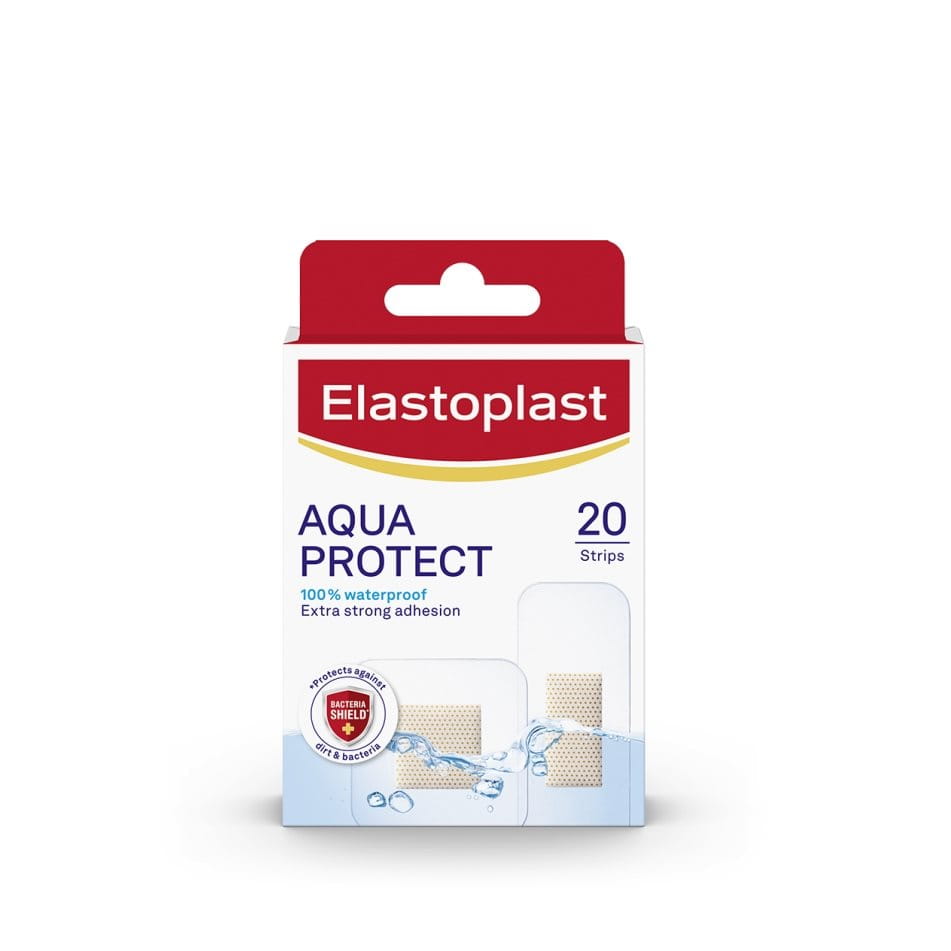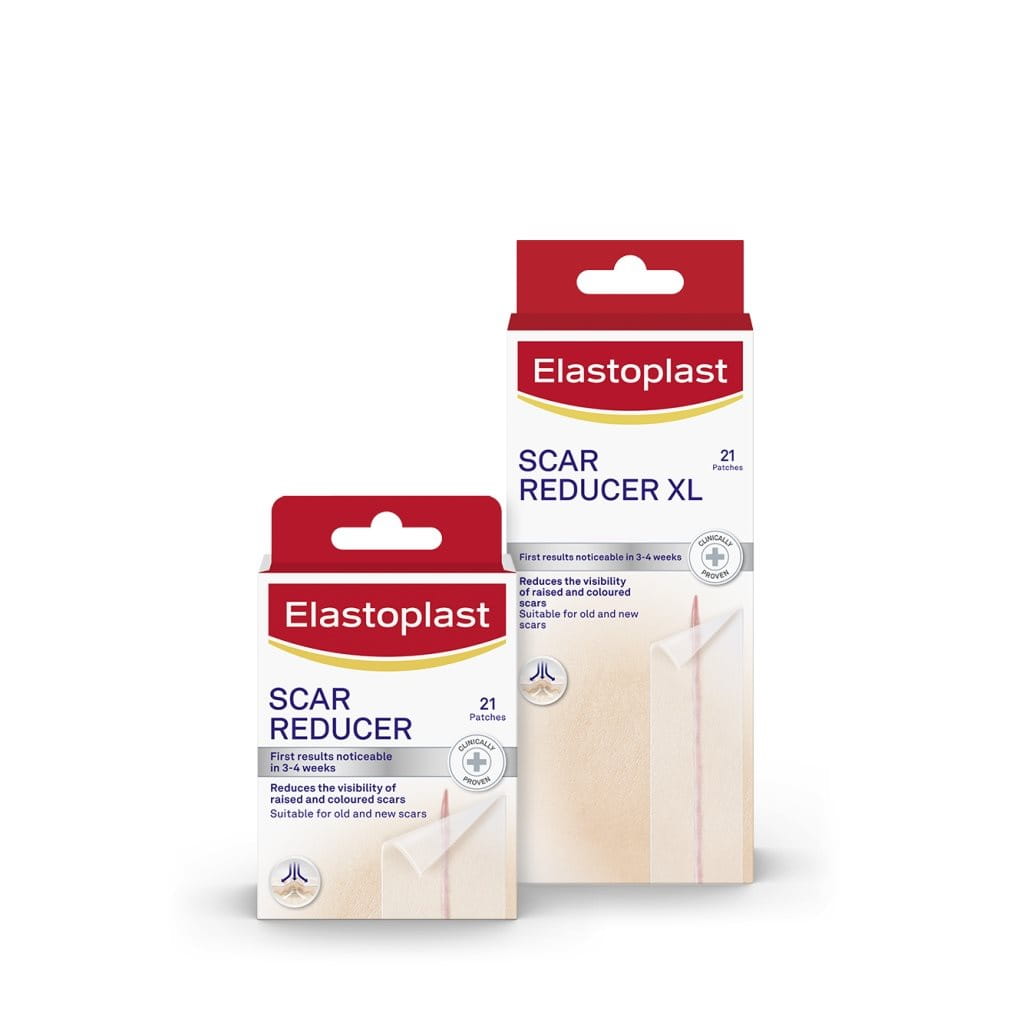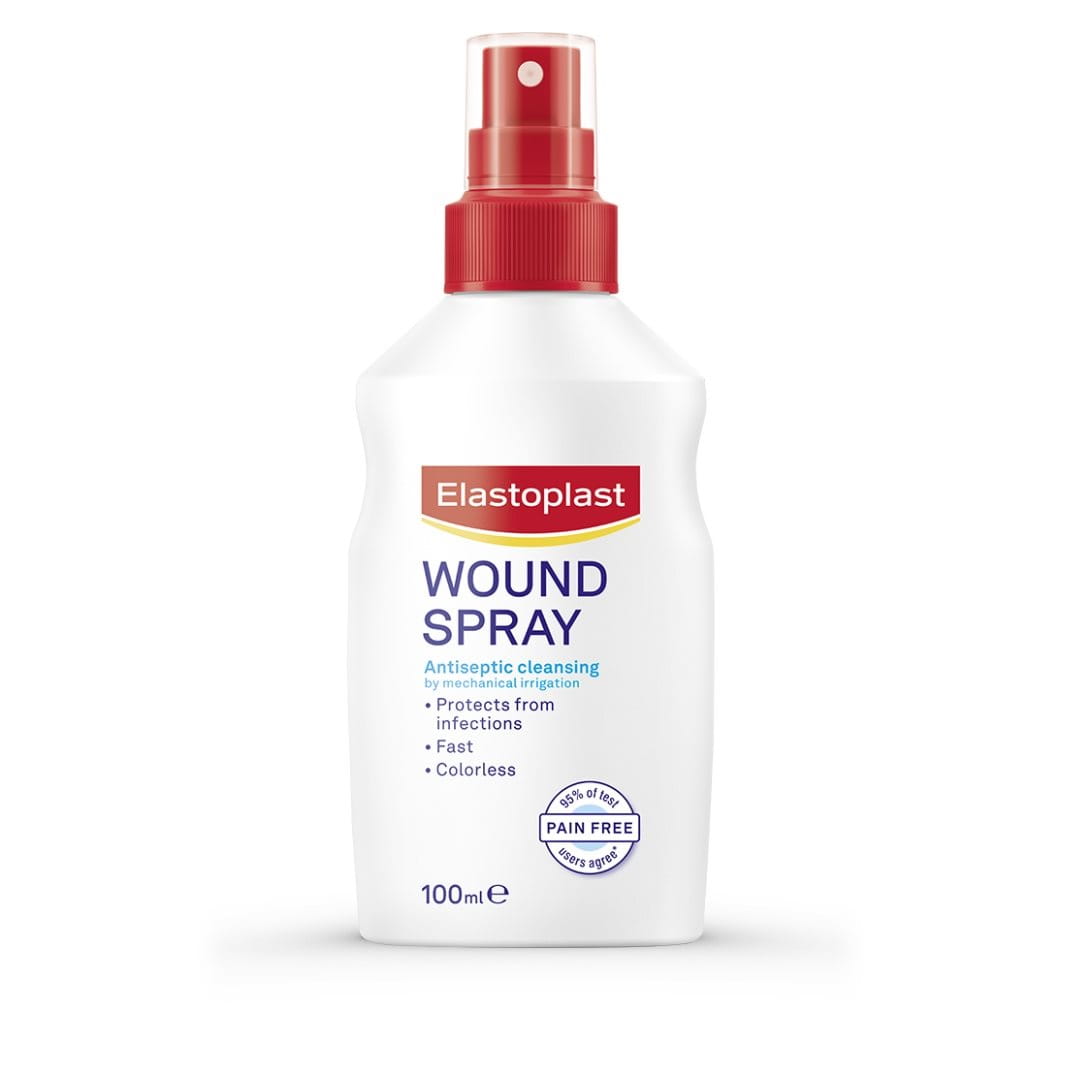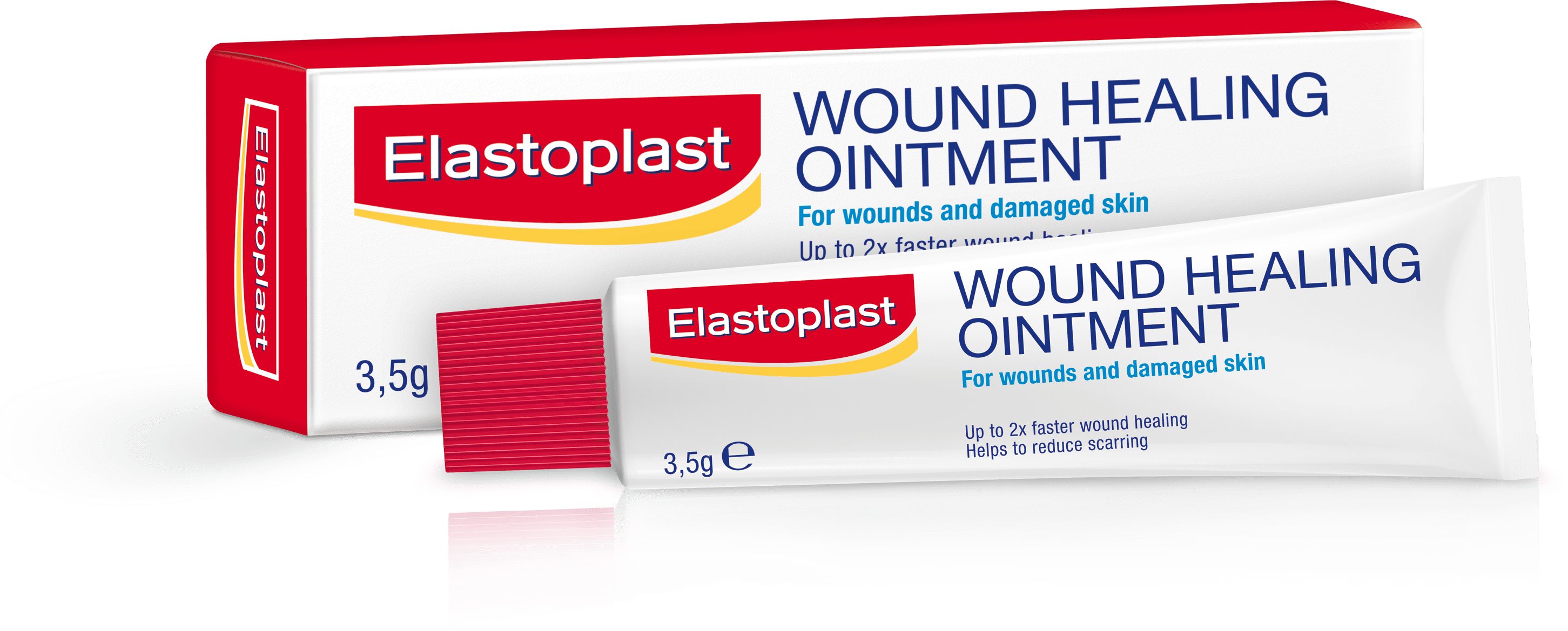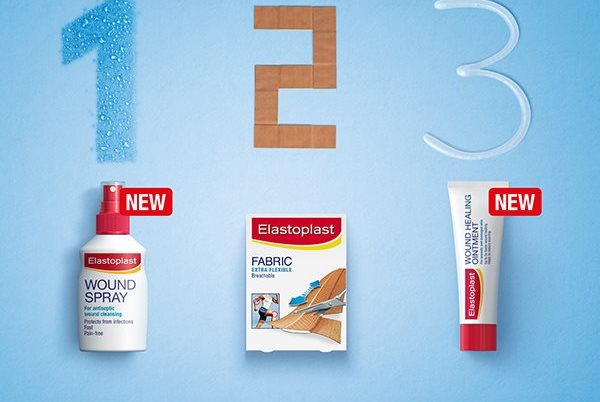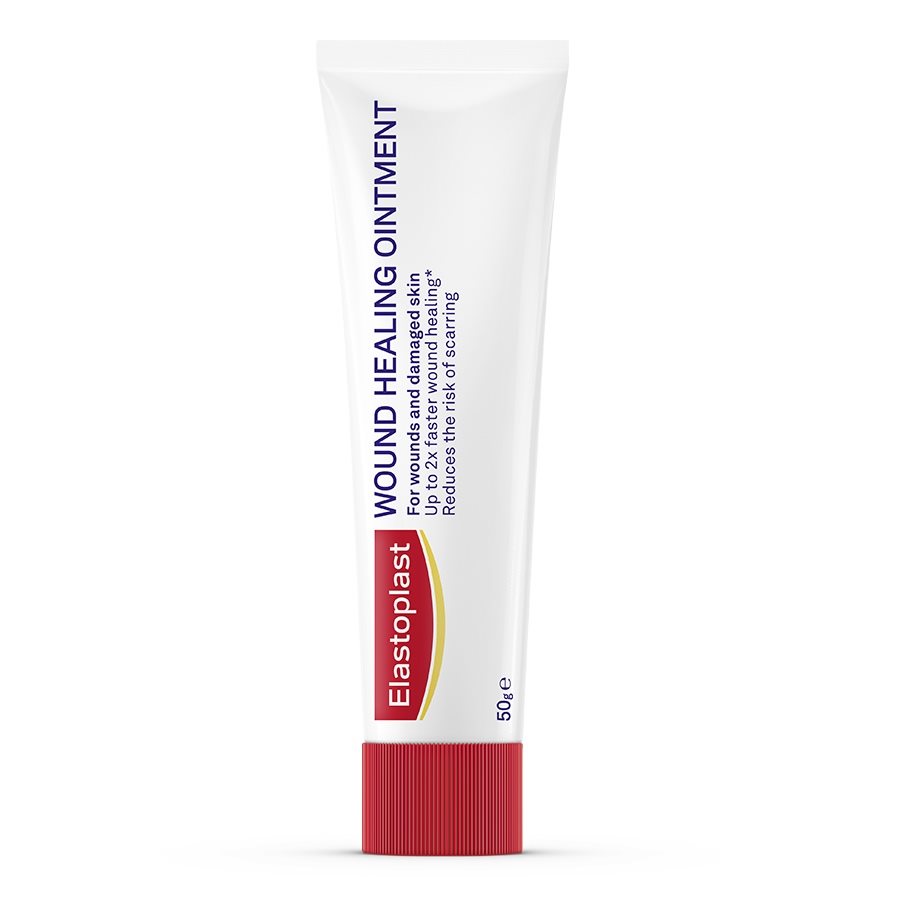What is a scratch?
Scratches are usually small, superficial and irregular wounds caused when objects like thorns or fingernails scrape along the skin. Scratches can be limited to the surface of the skin, or pierce a little further, sometimes drawing small amounts of blood, but are not typically deep. Scratches on the face or in other areas, as well as cat scratches, can come with their own risks, and preventing infections is always important.
